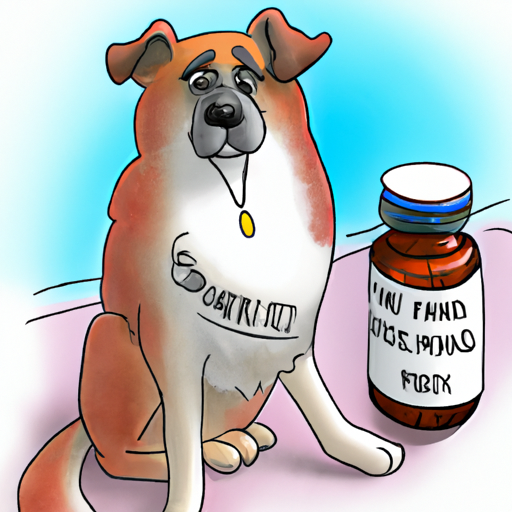As a devoted caregiver, it’s natural to feel helpless and concerned when your furry friend is in pain. Here, we’ll explore safe options for pain relief and steps you can take to ensure your dog’s comfort.
1. Understanding Canine Pain
Just like humans, dogs experience different types of pain – acute, chronic, and post-operative. Recognizing the signs is the first step of effective pain management.
- Acute Pain: Typically sudden and severe, often due to injury or inflammation. Signs include limping, aggression, or a noticeable decrease in activity.
- Chronic Pain: Persistent or recurring, commonly due to conditions like arthritis or cancer. Symptoms may include reluctance to move, difficulty standing, or loss of appetite.
- Post-Operative Pain: Pain following surgery or a medical procedure. Symptoms are similar to those of acute and chronic pain.
2. Over-the-Counter (OTC) Pain Medication – What’s Safe?
When it comes to over-the-counter medication, caution is key. You may be tempted to reach for human medications, but many are harmful to dogs. Here’s a brief overview:
| Medication | Safe for Dogs? | Notes |
|---|---|---|
| Aspirin | Sometimes | Only under vet supervision |
| Ibuprofen | No | Can cause kidney damage |
| Acetaminophen | No | Can cause liver damage |
3. Prescription Medications for Dogs
Your vet is the best resource when it comes to finding safe, effective treatments. They may prescribe medications such as:
- Non-Steroidal Anti-Inflammatory Drugs (NSAIDs): These can offer pain relief and reduce inflammation. Examples include Carprofen, Meloxicam, and Deracoxib.
- Opioids: Used for severe pain, opioids like Tramadol or Fentanyl can offer temporary relief.
- Steroids: Prednisone can be used for chronic conditions like arthritis.
4. Natural Pain Relief Alternatives
If you’re wary of medications, there are natural alternatives that may provide relief:
- Physical Therapy: Helps to strengthen muscles and improve mobility.
- Acupuncture: Can stimulate the body’s natural pain-relief mechanisms.
- Supplements: Glucosamine and chondroitin can help with joint pain.
5. Preventing Pain in Dogs
Prevention is always the best medicine. Regular exercise, a balanced diet, and regular vet check-ups can keep your dog healthy and pain-free.
FAQ
Q: Can I give my dog aspirin?
A: Only under strict vet supervision.
Q: What natural remedies can help my dog’s pain?
A: Physical therapy, acupuncture, and certain supplements can help.
Q: How can I prevent my dog from experiencing pain?
A: Regular exercise, a healthy diet, and regular vet check-ups are key.
Remember, you know your dog best. If you suspect they’re in pain, don’t hesitate to reach out to a vet. Your furry friend is counting on you!



